Sponsored by Olympus

(1 of 20) Denise Khng: "Laos is so charming because it is sincere, warm and close-knit. The people are friendly, and they use predominantly their actions to express their hospitality. As they like to say, I’ve found that it’s truly the people that make the country."
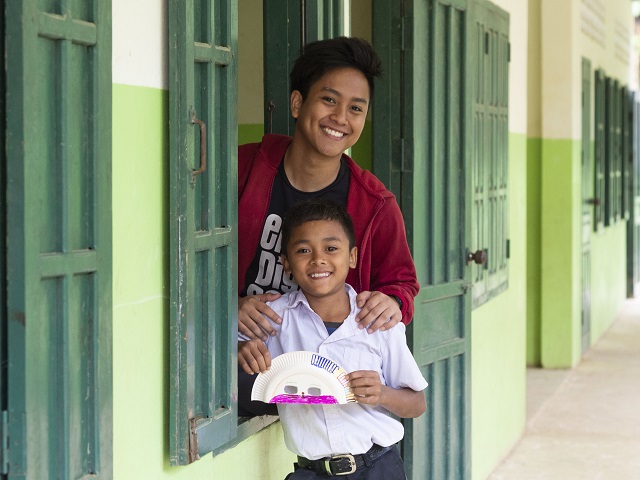
(2 of 20) Alif Amsyar: "I love Southeast Asia and its people, always welcoming, warm and generous with a smile. I’ve backpacked the region a few times and coming to Laos, I knew my group were going to be well-received by the locals."
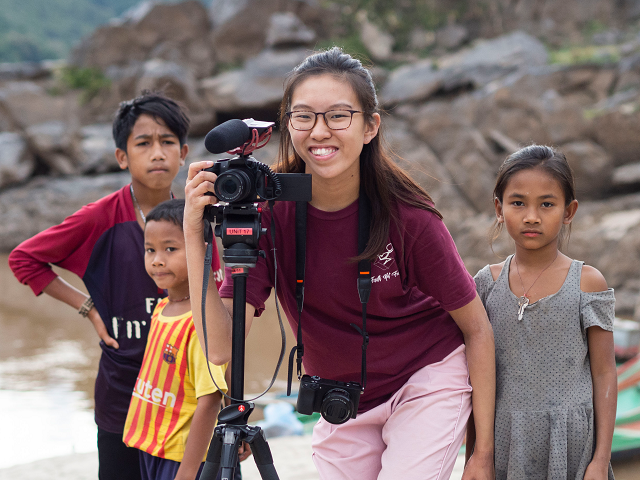
(3 of 20) Chin Gon Yew: "It is a blessing to have crossed paths with the locals, the villagers and the kids, and even so to be able to create meaningful bonds, friendships and dialogues with them."

(4 of 20) Afrina Zulkifli: "The villagers' lifestyles were very different from the fast-paced one of a Singaporean. It made me realise that disconnecting and not having a schedule is something that might be beneficial at times."

(5 of 20) Glen Foong: "I love children a lot, and this trip was made amazing by the adorable and loving children of the village. They were constantly happy and filled with laughter, even though all they had was each other and nature’s playground."
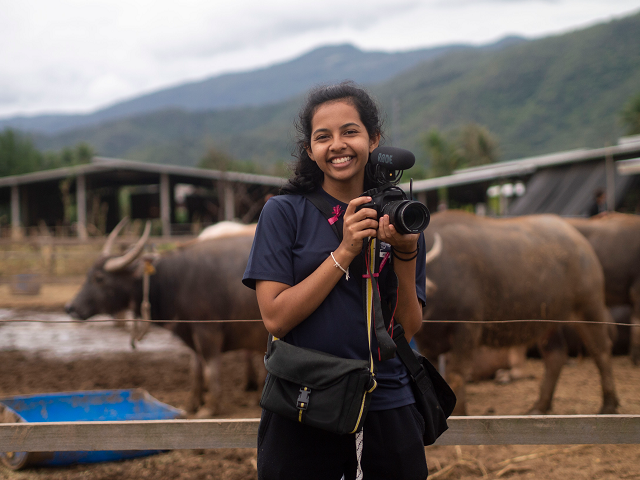
(6 of 20) Alia Alkaff: "In Laos, I have learnt that language barriers can be tricky to navigate around but we are still able to make deep connections with the people there. I think I finally understand what it means to be a part of the ASEAN community."

(7 of 20) Ong Yun Qi: "It was also on this trip that I realised volunteering does not have to go one-way. It is “overseas community involvement” for a reason — just as we have things to show the village, they have as much to offer in return. It can be as simple as learning their language, or taking lessons from their way of life. We can learn a lot more from them than we realise."
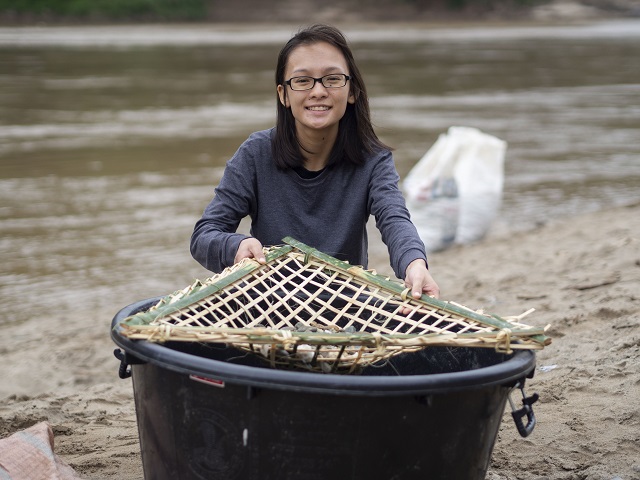
(8 of 20) Phyllis Lee: "We may have given them the resources to build a water filter and teach the children, but they also welcomed us into their homes with kindness and hospitality. Despite our language barrier, we connected with the villagers by playing, working and communicating with them."

(9 of 20) Charlotte Chong: "I think above all, what made this trip much more meaningful and beyond just an eye-opening experience are the people I've met. The villagers' hospitality and willingness to form connections, their strength, and the kids' genuine smiles and laughter have all touched and inspired me."
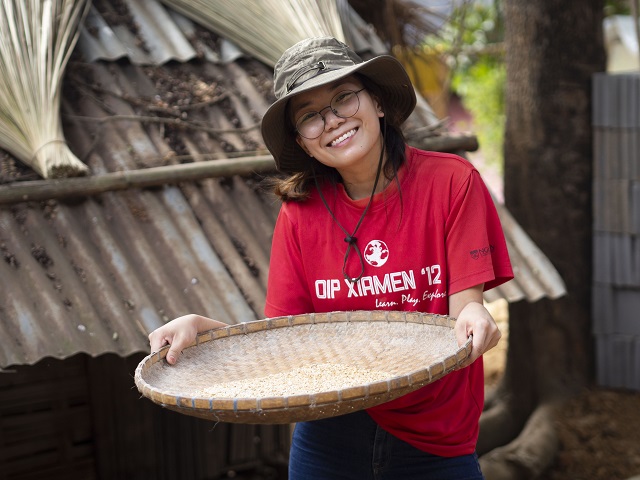
(10 of 20) Jesslyn Chen: "The villagers are people I hold very close to my heart and that only drives me to go back and do more for them."
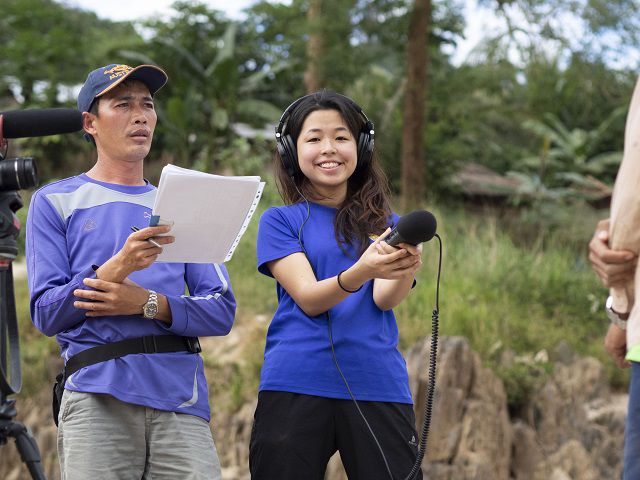
(11 of 20) Zeen Tng: "Other than the villagers' great hospitality, the rapport built with the team is one I really treasure too. Overall, it was a really meaningful experience."
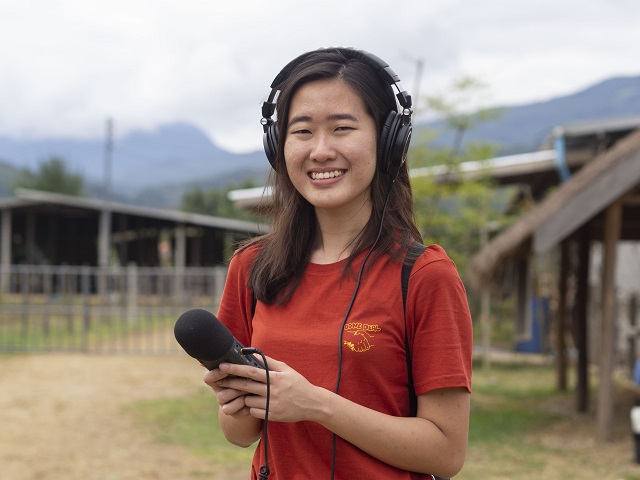
(12 of 20) Koh Raelene: "It’s really not about the giving or receiving, or how much hard labour we do, or English lessons we teach. It’s about the special bonds we form from working together with the locals as well as within our team."

(13 of 20) Vera Lim: "I kept searching for a higher purpose to achieve. It is only after teaching the children, and seeing them laugh at our games and antics, that I realised that maybe, there’s no need to achieve something noble. Being present in their lives for that week, making them smile and laugh and creating these memories together was enough."
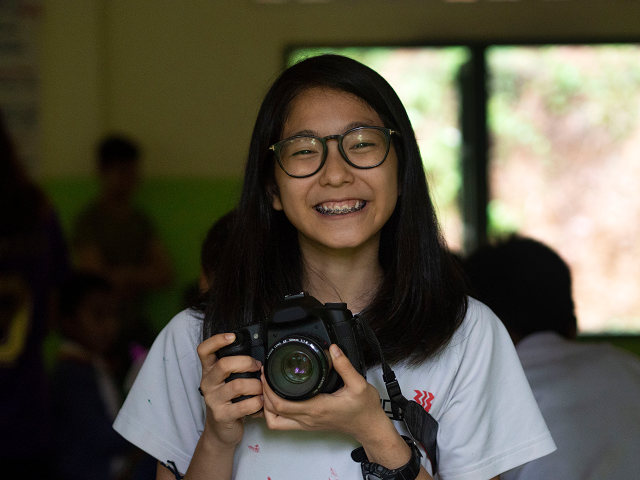
(14 of 20) Lee Jia Ying: "It is essential to approach service-learning projects with sustainability and community partnership in mind. And to have a big heart in giving and receiving."
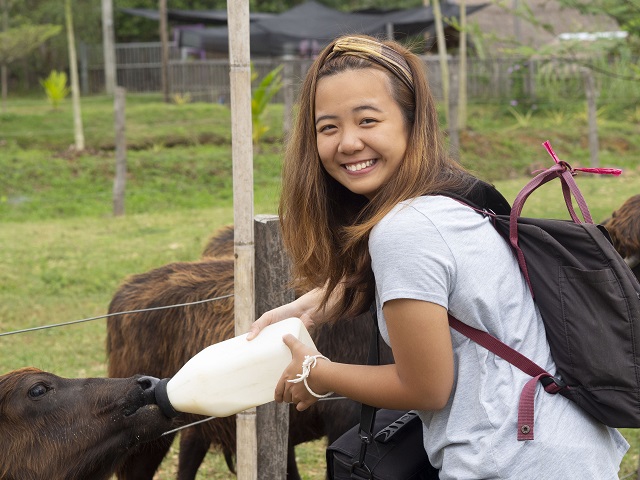
(15 of 20) Yeo Sze-G: "I have learnt to adapt better to the people I have to interact with. By seeking to understand, I have broadened my perspectives on certain issues which I never knew I could see in another way."
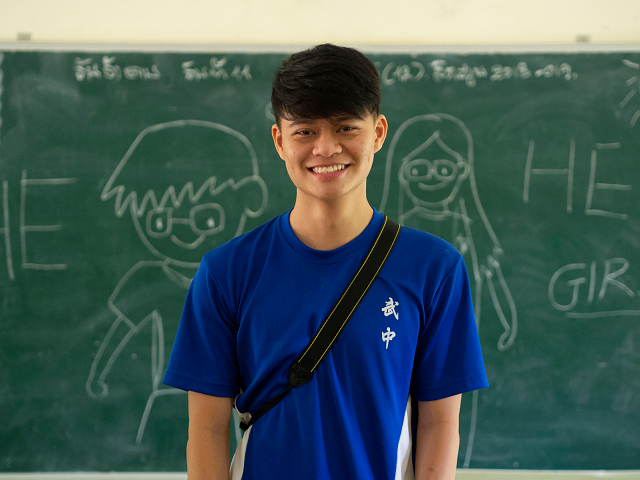
(16 of 20) See Ce Wen: "I think the emphasis should be on bringing them joy and offering practical resources they could use. We should remember that we are in no position to enforce changes in their way of life."
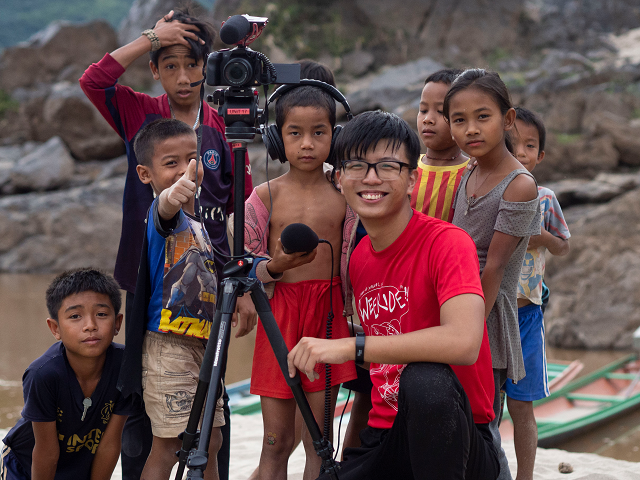
(17 of 20) Eugene Tang: "Using our communication skills in the the project was an interesting take on service learning. Many of us had misconceptions about Laos, and finding stories to document in Laos was a good way to learn more about the country. Working on our stories, I feel that we have the ability to help other students debunk their misconceptions about Laos too."

(18 of 20) Jessica Isabelle Tan: "From our purpose of utilizing our communication skills to document our newsmakers, to intentionally seeking to create a sustainable environment for the villagers. Additionally, the rapport built amongst the team, the honesty during our reflection time and our good-natured ribbings made this trip all the more unforgettable for me."
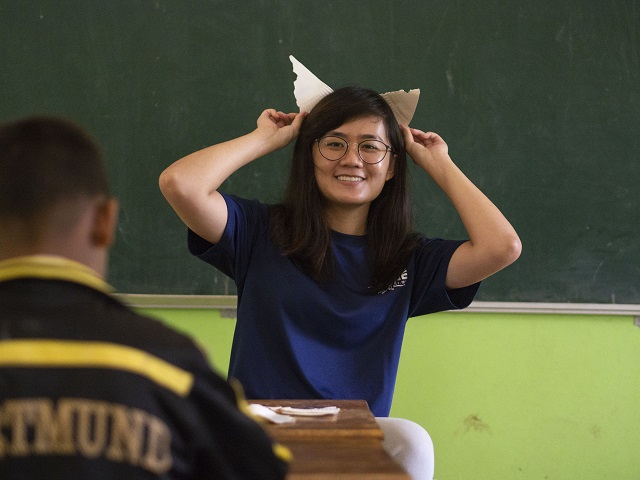
(19 of 20) Lau Zhi Xin: "My actual experiences differed greatly from my expectations, because we pursued the cultural documentation project rather than regular projects that involved building houses and so on. I think that it is really important for us to tailor such trips according to our expertise, so that we will see more value in participating in OCIPs."

(20 of 20) Jerome Wong: "I used to think that OCIPs were useless and that they were part of the larger "voluntourism" problem, but I do see now that it has value and it can be done right."
Not many university students get such diverse experiences on an OCIP trip. From filming a documentary to washing a buffalo, WeeTrip 2018 has been a refreshing and unique experience for our team.
With Olympus, we chased newsmakers on-the-go and shot scenes that were intriguing. It's because of these experiences that we have precious moments to treasure, and lifelong lessons to hold dear. ∎

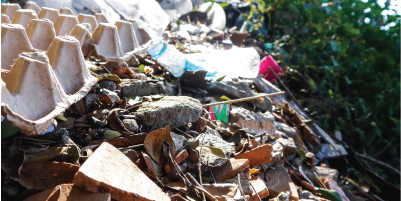
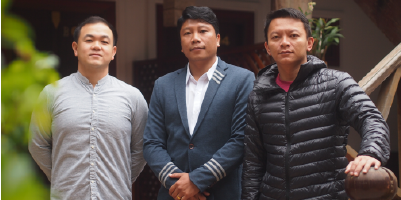
 Wee Kim Wee School
Wee Kim Wee School